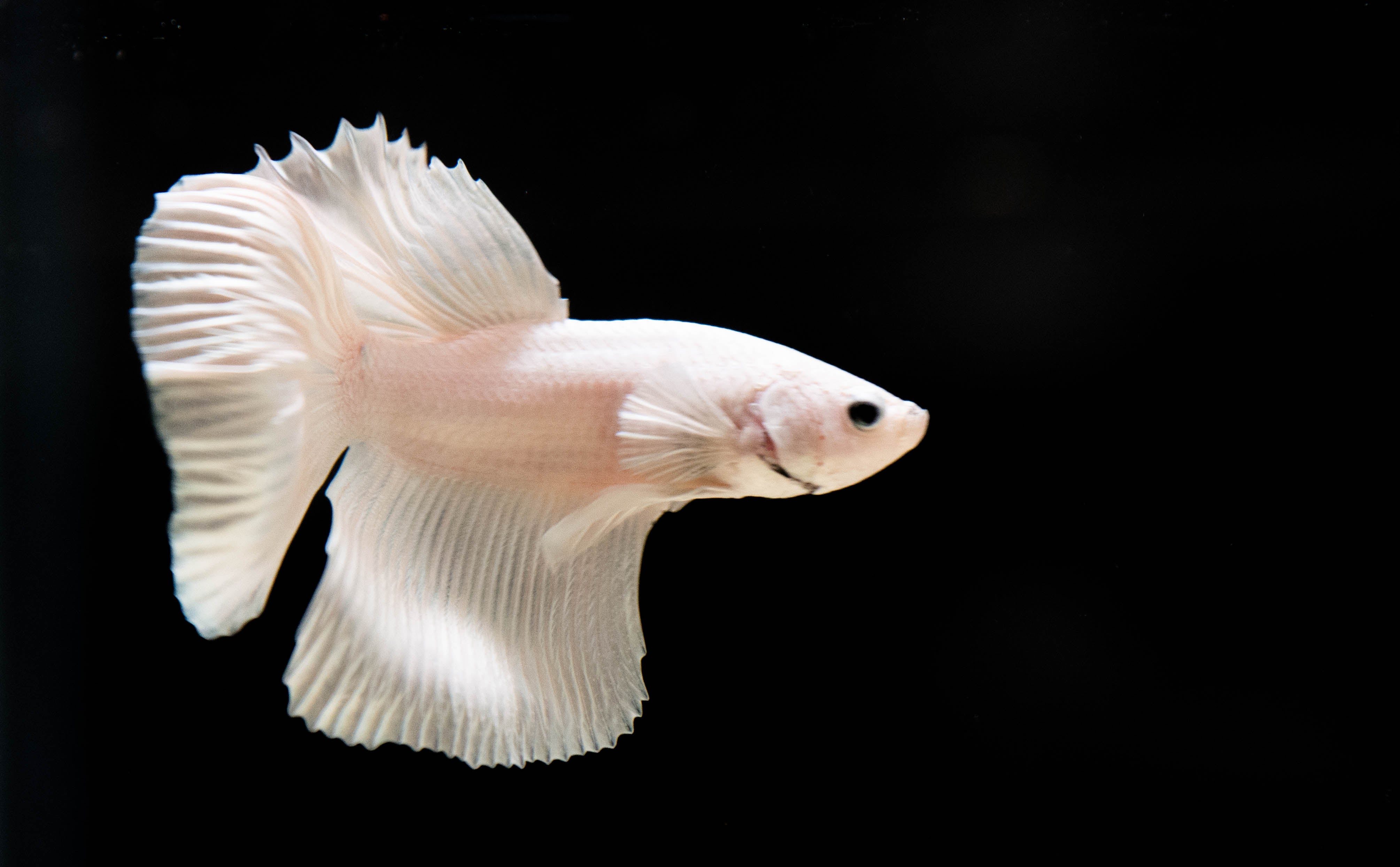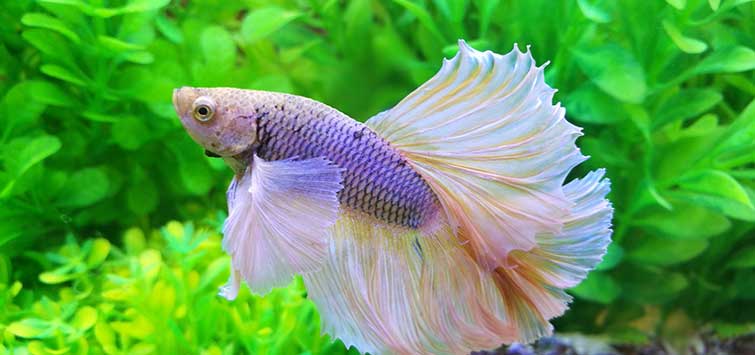Betta Fish Tank Configuration: A Step-by-Step Guide for Beginners
Wiki Article
The Ultimate Guide to Betta Fish Care: Vital Tips for Preserving a Healthy and Thriving Aquarium Atmosphere
Effective Betta fish treatment demands a detailed understanding of their special environmental and physical needs. Developing an appropriate fish tank starts with choosing the right container dimension and ensuring ideal water conditions, which are critical for the health and health of your Betta.Selecting the Right Tank
Picking the ideal storage tank for your Betta fish is critical to ensuring its wellness and well-being. Bettas flourish in environments that simulate their all-natural habitats, which typically contain tranquility, warm waters. A storage tank dimension of at the very least 5 gallons is suggested to supply sufficient swimming room, as smaller sized storage tanks can result in anxiety and health problems for these vivid fish.
When picking a container, think about the tank's form and filtering system. Additionally, a reputable purification system is crucial to keep water high quality and decrease the frequency of water modifications.
Temperature level regulation is an additional essential factor; Bettas favor water temperature levels in between 76 ° F and 82 ° F. Investing in an excellent heating unit will certainly ensure that the water continues to be within this variety, promoting a healthy and active lifestyle for your Betta. Lastly, providing suitable tank decors and hiding places will certainly help in reducing tension and urge natural habits, additionally boosting your Betta's health.
Maintaining Water Top Quality
Preserving optimal water quality is important for the wellness and long life of Betta fish. This requires routine surveillance of numerous parameters, consisting of temperature, pH, ammonia, nitrite, and nitrate levels. Bettas thrive in temperatures between 76 ° F and 82 ° F, so keeping a steady temperature level is vital. Unexpected variations can lead to stress and anxiety and disease.The pH degree need to ideally fall between 6.5 and 7.5. Normal screening using a trustworthy water testing package can help make sure these parameters continue to be within the appropriate arrays. Ammonia and nitrite levels ought to constantly go to 0 ppm, as even low concentrations can be hazardous to Betta fish. Nitrate degrees must be kept under 20 ppm to avoid long-lasting wellness problems.
Routine water changes are crucial to keeping water top quality. It is recommended to transform 25-50% of the container water weekly, relying on the tank size and stocking degrees. Using a premium water conditioner can help get rid of unsafe chemicals from tap water, ensuring a secure setting. Furthermore, incorporating a durable filtration system can help in preserving water quality and quality, supplying a much healthier habitat for your Betta fish.
Ideal Feeding Practices
Giving a well balanced diet plan is critical for the health and wellness and vibrant coloration of Betta fish, as their dietary needs play a significant function in their overall well-being. Betta fish are meat-eating by nature, needing a diet regimen high in protein. A mix of high-quality pellets, frozen or live foods such as bloodworms, salt water shrimp, and daphnia can supply the important nutrients they require.Feed your Betta fish 2 to 3 times a day, providing only what they can consume within 2 to 3 mins to avoid overfeeding and preserve water high quality. Overfeeding can cause excessive weight and wellness problems, including swim bladder illness. It is important to check their dietary consumption and adjust section dimensions appropriately.
Along with protein, a well balanced diet plan ought to consist of vitamins and minerals to promote optimal health and address wellness. Consider supplementing their diet plan with premium flakes or pellets specifically developed for Betta fish, as these often consist of needed ingredients.

Creating an Appropriate Environment

Water top quality is critical; maintain a temperature in between 76 ° F and 82 ° F, and make sure the pH level varies from 6 - betta fish.5 to 7.5. Routine water adjustments of 25-50% weekly will aid keep toxic substances away and guarantee a steady atmosphere
Incorporating plants and concealing places is essential, as Betta fish are normally territorial and take pleasure in having locations to explore and retreat. Live or silk plants, in addition to caverns and ornaments, can create a stimulating setting.

Regular Health And Wellness Checkups
Carrying out normal wellness checkups is important for ensuring the well-being of Betta fish, as very early detection of prospective concerns can prevent severe health issue. These appointments must include a thorough exam of the fish's physical condition, actions, and ecological aspects.Begin by observing the Betta fish for any indications of distress, such as lethargy, loss of cravings, or uncommon swimming patterns. Furthermore, check the fins and body for signs of discoloration, lesions, or fin rot, which can indicate infections or bloodsuckers. Routinely checking the water quality in the aquarium is similarly critical; parameters such as pH, ammonia, nitrite, and nitrate levels need to be maintained within optimal ranges to prevent tension and ailment.
Moreover, consider preserving a log of health observations and water top quality examinations. This document can facilitate the recognition of trends or persisting issues. If any type of problems are detected throughout the appointment, it is important to consult a veterinarian experienced in water animals. Prompt intervention can make a significant distinction in the healing of your Betta fish, guaranteeing a lengthy and healthy and balanced life in a well-kept fish tank setting.
Final Thought
In conclusion, effective Betta fish care pivots on producing and keeping an optimal aquarium setting. By adhering to these guidelines, aquarists can promote the well-being and vibrancy of Betta fish, eventually resulting in a prospering water ecosystem.Report this wiki page